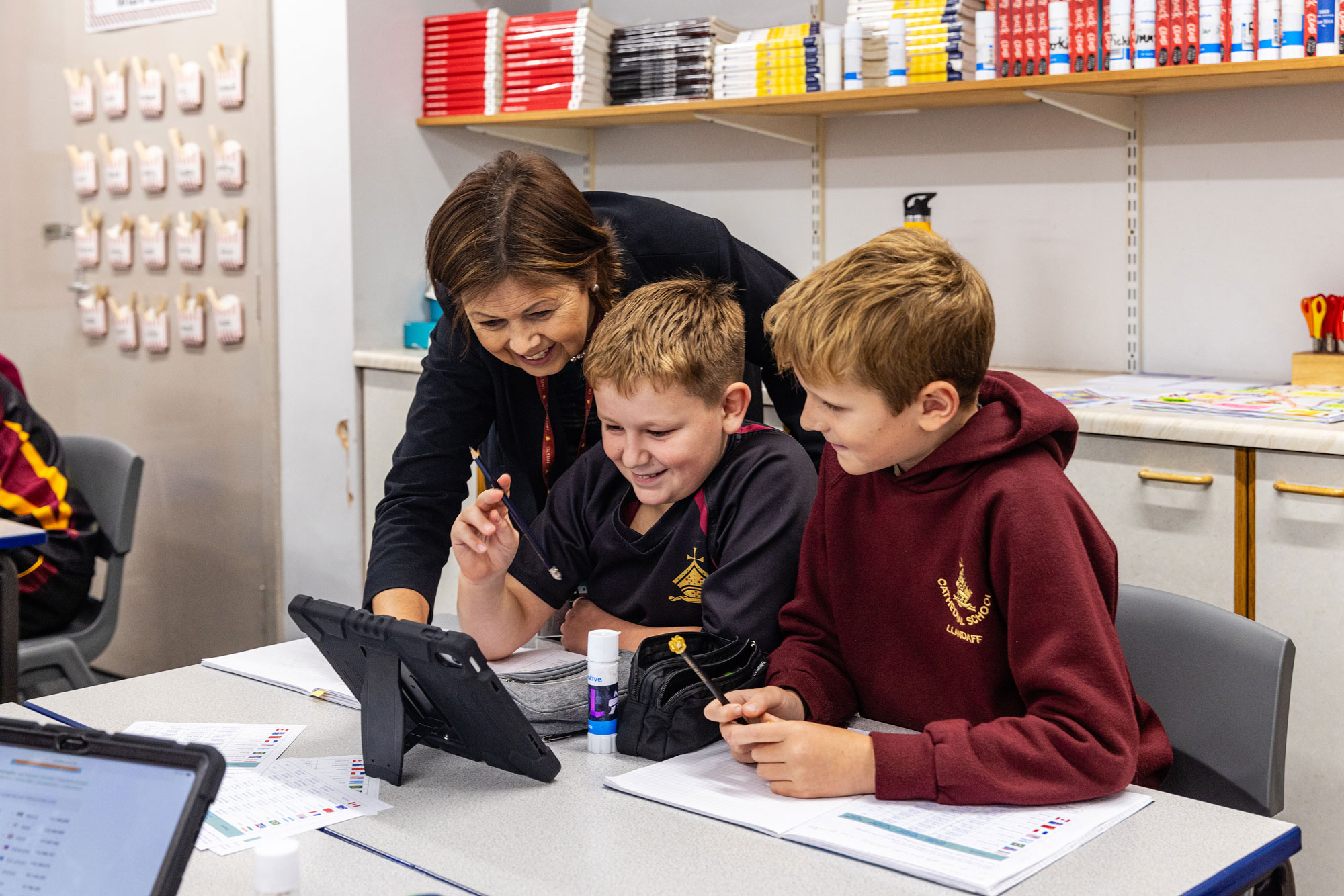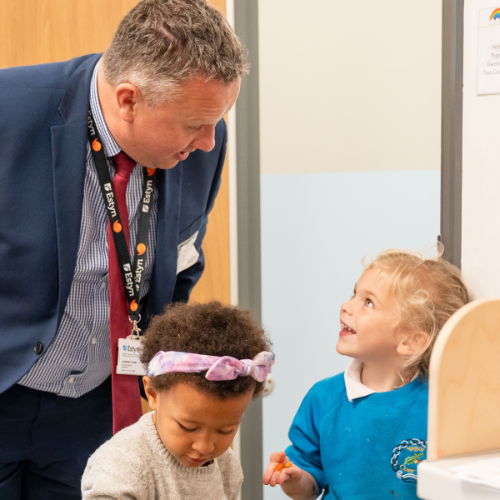Annual Report 23-24 now published
Read the full report here
Find a provider
I want to...
Who are Estyn?
Estyn inspects education and training in Wales. Find out more about why we exist, and our vision for education in Wales.
About Estyn

Estyn inspects education and training in Wales. Find out more about why we exist, and our vision for education in Wales.
About Estyn